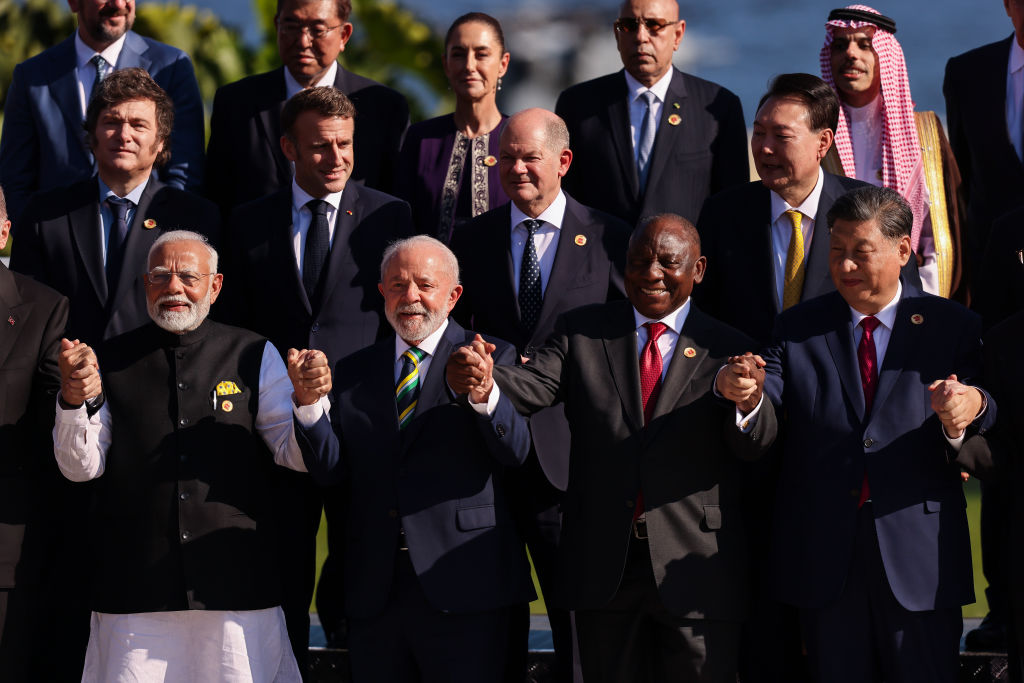Climate Crisis Funding: Why the Global South is Stepping Up Where Western Nations Falter

In the face of reduced climate development funding from the United States and Europe, Chinese President Xi Jinping has made a bold commitment: China will not waver in its climate action efforts. Despite global economic challenges, Xi emphasized the nation's unwavering dedication to environmental progress and sustainable development. His declaration signals China's continued leadership in global climate initiatives, even as other major economies appear to be scaling back their investments and commitments.
